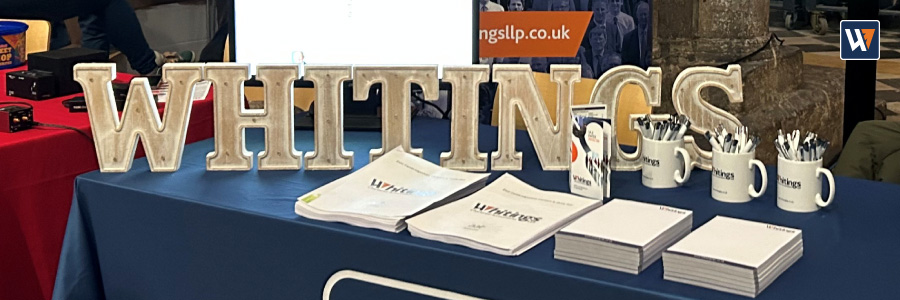Maximising Capital Allowances
 2nd July 2024
2nd July 2024
Have you considered maximising Capital Allowances?
From 1 April 2023 companies subject to corporation tax will receive a 100% first year tax deduction for expenditure they incur on qualifying plant and machinery. Originally announced as a temporary measure, the UK Government subsequently announced in the Autumn Statement that the relief will remain in place permanently.
Background
Full Expensing was first announced at the Spring Budget in March 2023 as a replacement for the temporary super-deduction capital allowance scheme. The notable difference between the two is that Full Expensing applies to the actual cost of the asset rather than the cost inflated by 30%, making it less generous but still a worthwhile relief for businesses to take advantage of. However, for businesses who are subject to tax at the higher level of corporation tax of 25%, the overall tax benefit is broadly the same as it was under the super-deduction.
How It Works
Full Expensing is available where a company incurs capital expenditure on assets that would otherwise qualify for the main pool, for example, plant and machinery, fixtures and fittings, vehicles, IT equipment etc. A 100% first year allowance (FYA) can be claimed in respect of such expenditure.
For assets that would otherwise qualify for the special rate pool, such as electrical and lighting systems, heating and ventilation systems, cold water systems etc, a 50% FYA is available. The balance is added to the special rate pool as normal.
What Should Businesses Be Aware Of?
The new FYAs are restricted to companies and the assets acquired must be new and unused. Full expensing is only available on plant and machinery and there are some notable exclusions such as cars and assets used for leasing. Assets acquired from connected parties are also excluded.
Clawback On Disposals
When an asset treated as qualifying for these new FYA’s is disposed of, the disposal proceeds are brought in as a balancing charge (a taxable amount) in the period of disposal. Where the special rate FYA is claimed, only 50% of the disposal proceeds are taxed on receipt.
One of the practical impacts for businesses to consider will be the necessity to track the assets on which FYA’s are claimed in order to calculate the balancing charge on the disposal at a future date.
Further Points To Consider
With fewer restrictions and a lower chance of a clawback on the disposal of assets the Annual Investment Allowance (AIA) (limited to £1m per year) remains an attractive capital allowance (particularly for special rate expenditure) and is likely to remain the first allowance used by most companies. Please note, complex rules apply regarding the sharing of AIA between group companies and companies under common control.
The scale of the deductions available as a result of full expensing and AIA means that companies may incur losses and care should be given as to the most tax efficient ways of utilising such losses. For example, carrying back to an earlier period where the tax relief may have been lower (19%) but the cash benefits immediate, or carrying the losses forward, although restrictions may apply depending on the quantum of the loss.
Get In Touch
For advice on how your business can benefit from maximising Capital Allowances, contact your local Whitings LLP office today.
Disclaimer - All information in this post was correct at time of writing.








